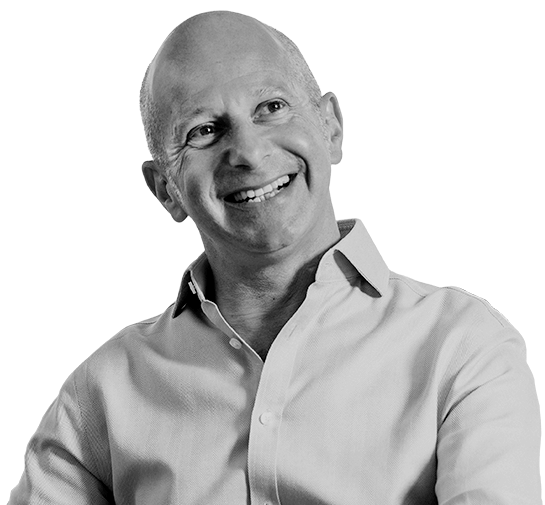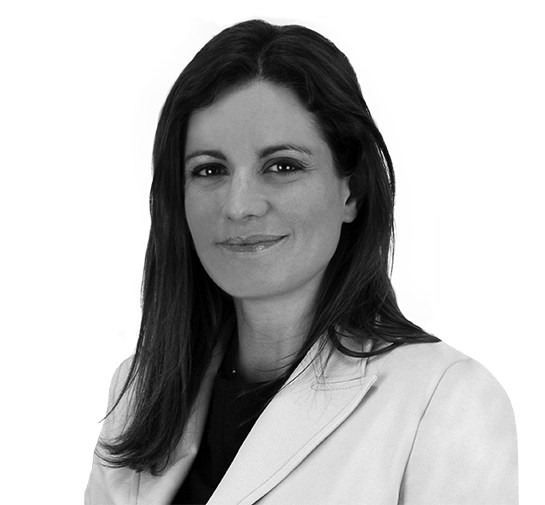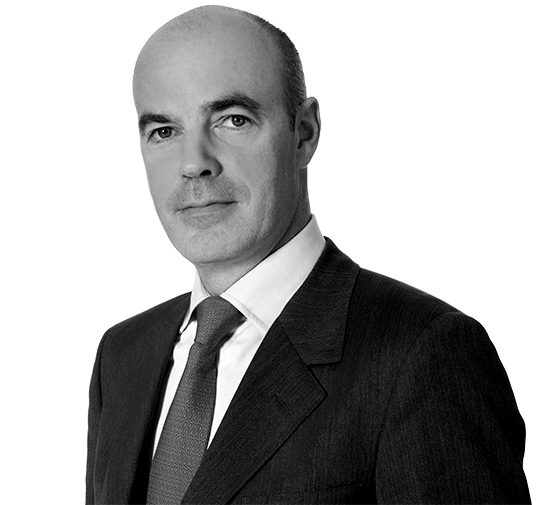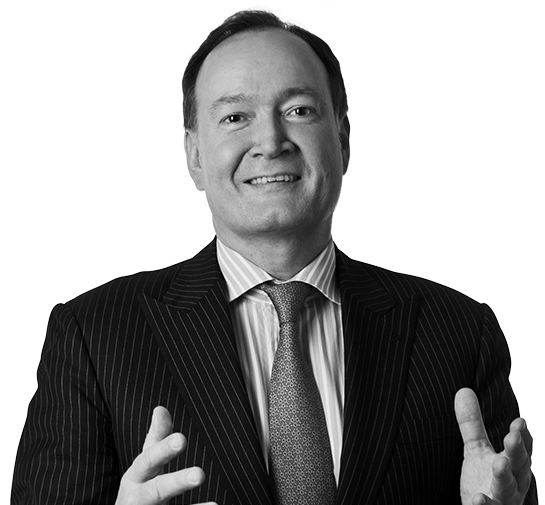Private Equity
Market Snapshot
June 2022

Private equity activity in Europe is beginning to decelerate as the uncertain outlook dampens some of the recent enthusiasm for lightning-quick deal processes. Deal pipelines are still strong, and well-capitalised private equity firms have appetite to invest, but the pace of sales processes has slowed to reflect ongoing economic and geopolitical challenges. However, the data show that despite the choppy waters, record European private equity investment has, so far, been achieved in 2022. There were almost 2,000 deals worth over €240bn in the first quarter in Europe, according to Pitchbook – a new all-time high. Yet, there are growing signs of caution in the divestment data, with exit value down almost a third on 2021 levels at €74.5bn.
Terms Continue to Favour Sellers but Auctions Slow
Seller deal terms that sharpened through the post-pandemic investment rebound will be slow to reverse. For example, it is uncommon for private equity sellers to offer recourse for warranties, underwrite future potential issues or offer price adjustments for underperformance. As a result, buyers seeking protection must continue to obtain Warranty and Indemnity insurance and do extensive due diligence to get comfortable with any risks.
Auction processes are still the preferred exit route for sellers, but timetables have lengthened to reflect the increased need for closer investigations into a wider range of risks, including the impact of the ongoing Ukraine conflict (supply chain disruption, higher energy costs and protracted inflation), and slowing economies. Europe’s economy grew just 0.2% over the first quarter as Germany narrowly avoided recession, France stagnated, and Italy’s output contracted1. The latest data from the UK also point to an increasingly likely recession with output shrinking 0.1% in March2. Sellers need to provide greater levels of evidence for company forecasts and, amid falling public market comparables, may need to rein in valuation expectations.



French private equity group Astorg beat a field of rivals including Advent International to take over the German manufacturer of active pharmaceutical ingredients. CordenPharma employs 2,600 staff across 11 production facilities in Europe and the U.S., as well as one R&D facility. It has experienced strong organic growth thanks to demand for ingredients for mRNA vaccines, as well as peptides and other components for oncology treatments. The sale follows a strategic review in which seller ICIG concluded that it would focus efforts on its chemicals portfolio.
Banks Begin to Tighten Terms on LBO Lending
Increased due diligence by private equity buyers is echoed by greater caution in some corners of capital markets. While leveraged loans and high-yield debt are still available, some deals are turning to hybrid packages including private debt. Ares Management is reported to be leading a consortium to provide over $2bn in unsecured financing for Brookfield and Elliott’s buyout of UK-listed TV ratings company Nielsen, after initial plans to access bond markets were pulled3.
Prospective buyers are factoring in higher interest rates on debt for buyouts, while also facing greater scrutiny from lenders. While covenant-lite terms remain the norm, banks are looking to inspect company financial metrics more closely and regularly, and may reduce loan-to-value ratios to build in larger buffers for any potential downturn in company performance.

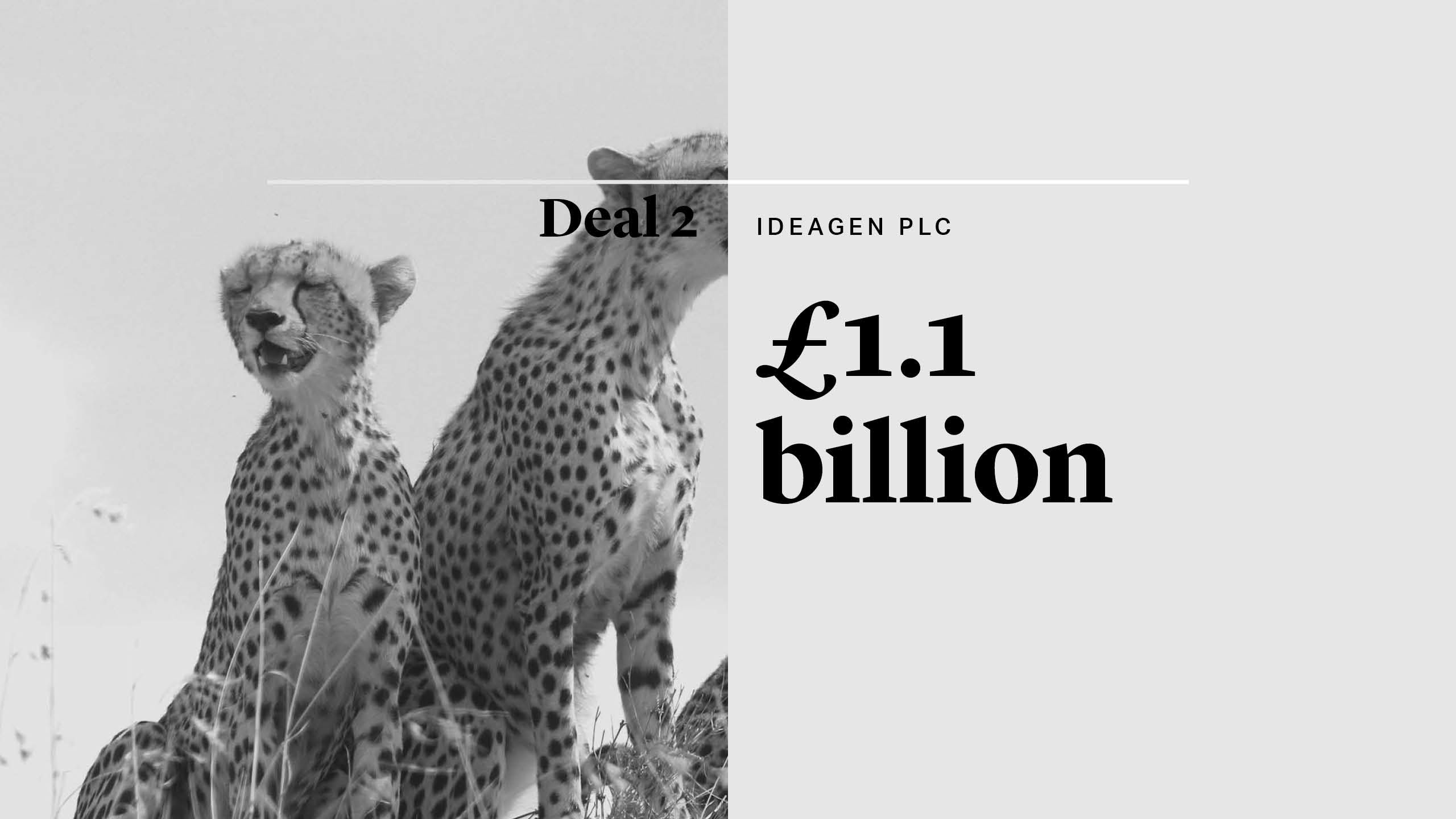
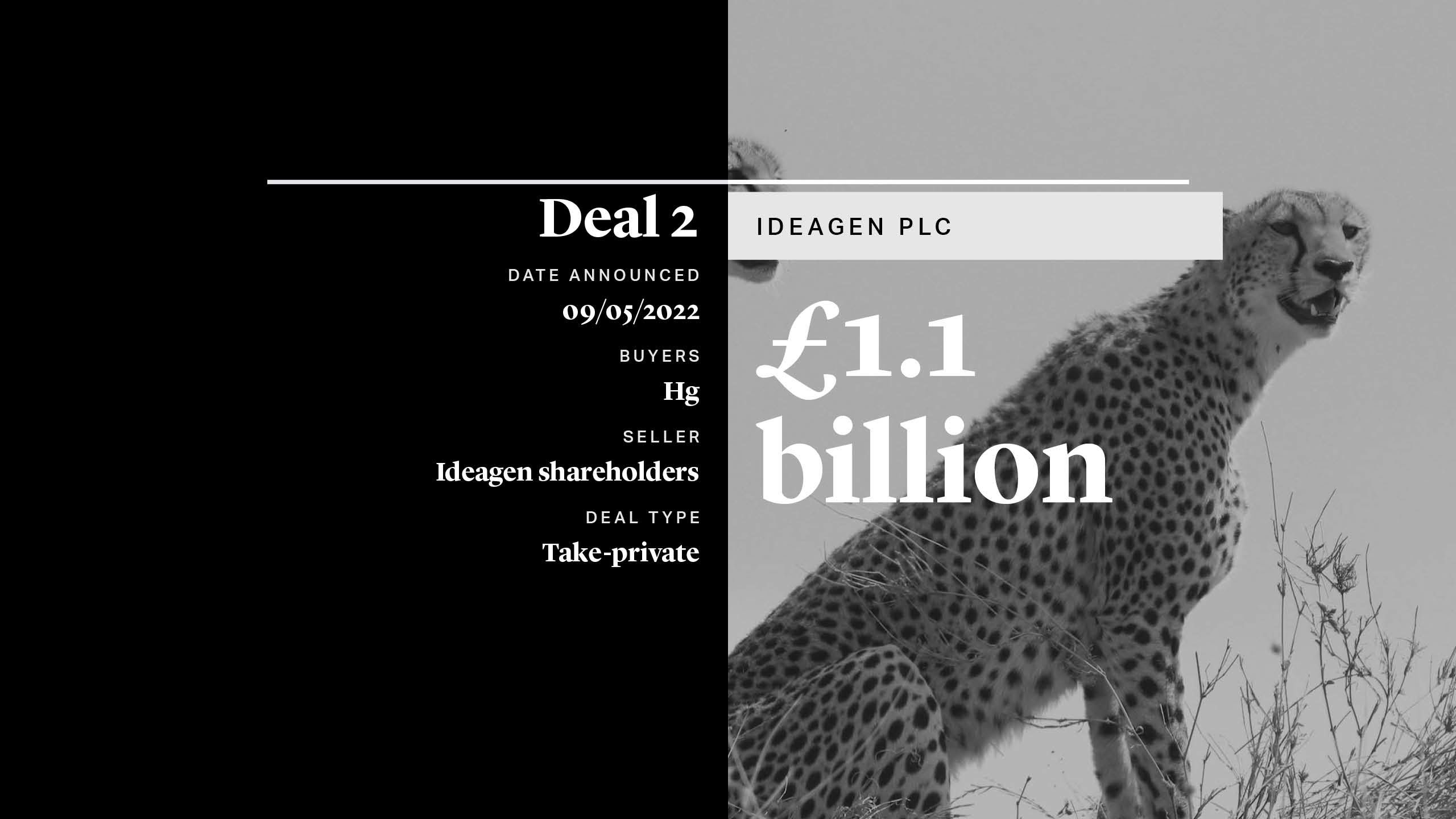
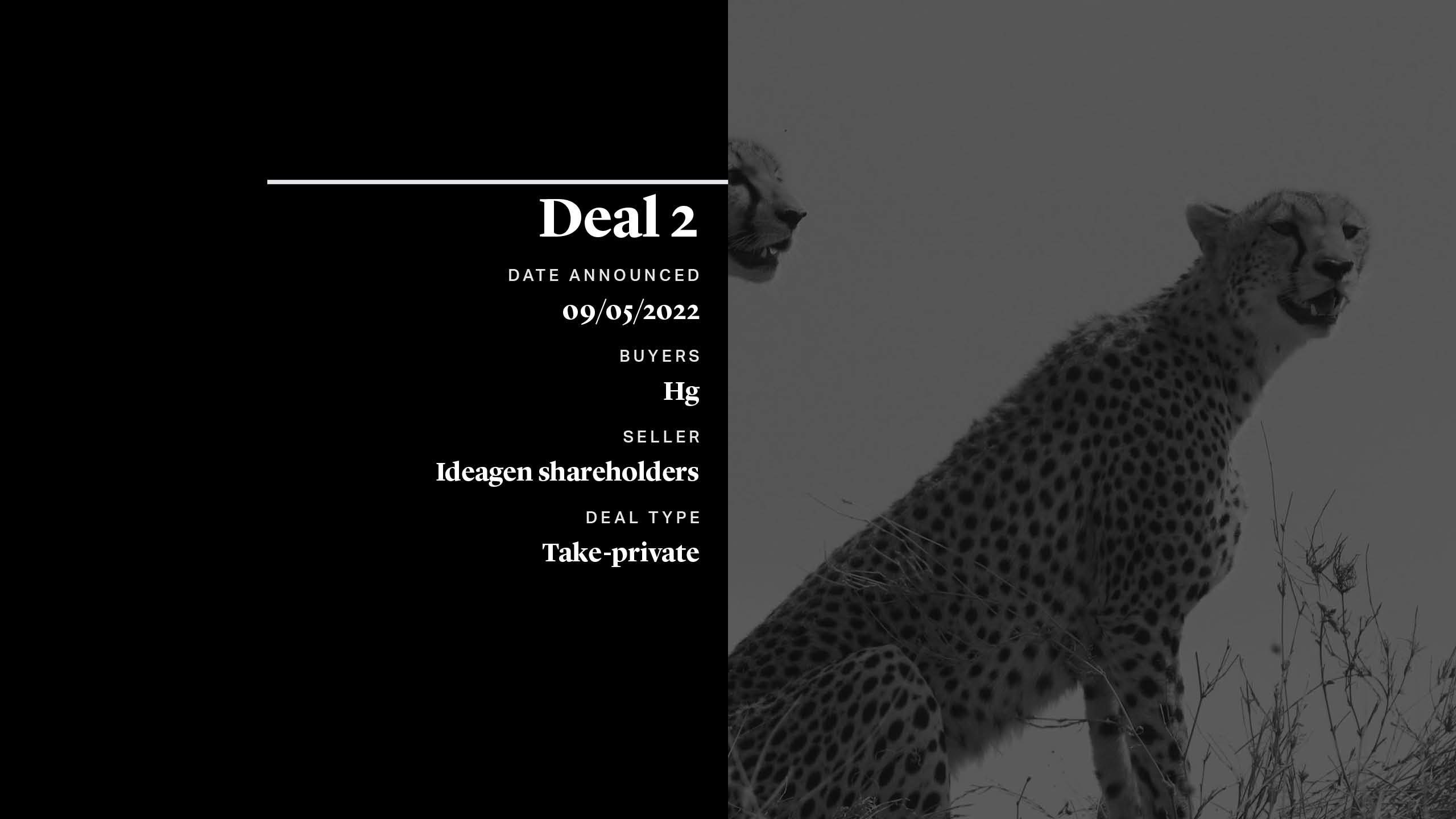
Aim-listed software group Ideagen announced a recommended all-cash offer for the business at a 52% premium to the company share price before takeover talks started. Ideagen, which provides regulatory and compliance software for more than 8,000 customers including Heineken and British Airways, attracted a number of private equity suitors. While Cinven is reported to have dropped its pursuit of the company, Ideagen endorsed the offer from private equity software specialist Hg, while saying it remained in talks with rival Astorg. Ideagen’s share price has continued trading above Hg’s offer price, indicating market expectations of a higher competing bid4.
Firms Seek Liquidity Options for Investors
The more challenging economic climate is leading to the early stages of a bifurcation in exit options for private equity sellers. Prize assets in sectors seen as resilient to another downturn are still coming to market and attracting large fields of sponsors and strategic buyers. Less strongly performing companies, or businesses in sectors disproportionately impacted by inflation and weakening customer demand, might be held back until markets settle down. Meanwhile, the window for IPOs in Europe remains all but shut, with private equity firm CVC among those reportedly delaying plans for listing in Amsterdam.
The narrowing of exit options is pushing other options up the agenda for sponsors keen to manage older investments and return capital to investors. GP-led transactions are driving the secondaries market with continuation funds being created for quality assets that firms wish to hold for longer. However, there is also rising scope for strip sales and other secondaries processes that seek to manage out a range of assets that may combine better-performing companies with those hit by toughening conditions.
NAV lending is providing another means for firms to secure financing against a portfolio of assets, which can be reinvested into companies, or used to fund distributions to investors. London-based 17 Capital raised €2.6bn in April for its first NAV lending fund, making it one of the largest debut private capital funds ever raised. Oaktree acquired a majority stake in the firm in March, underlining its belief in this growing market5.
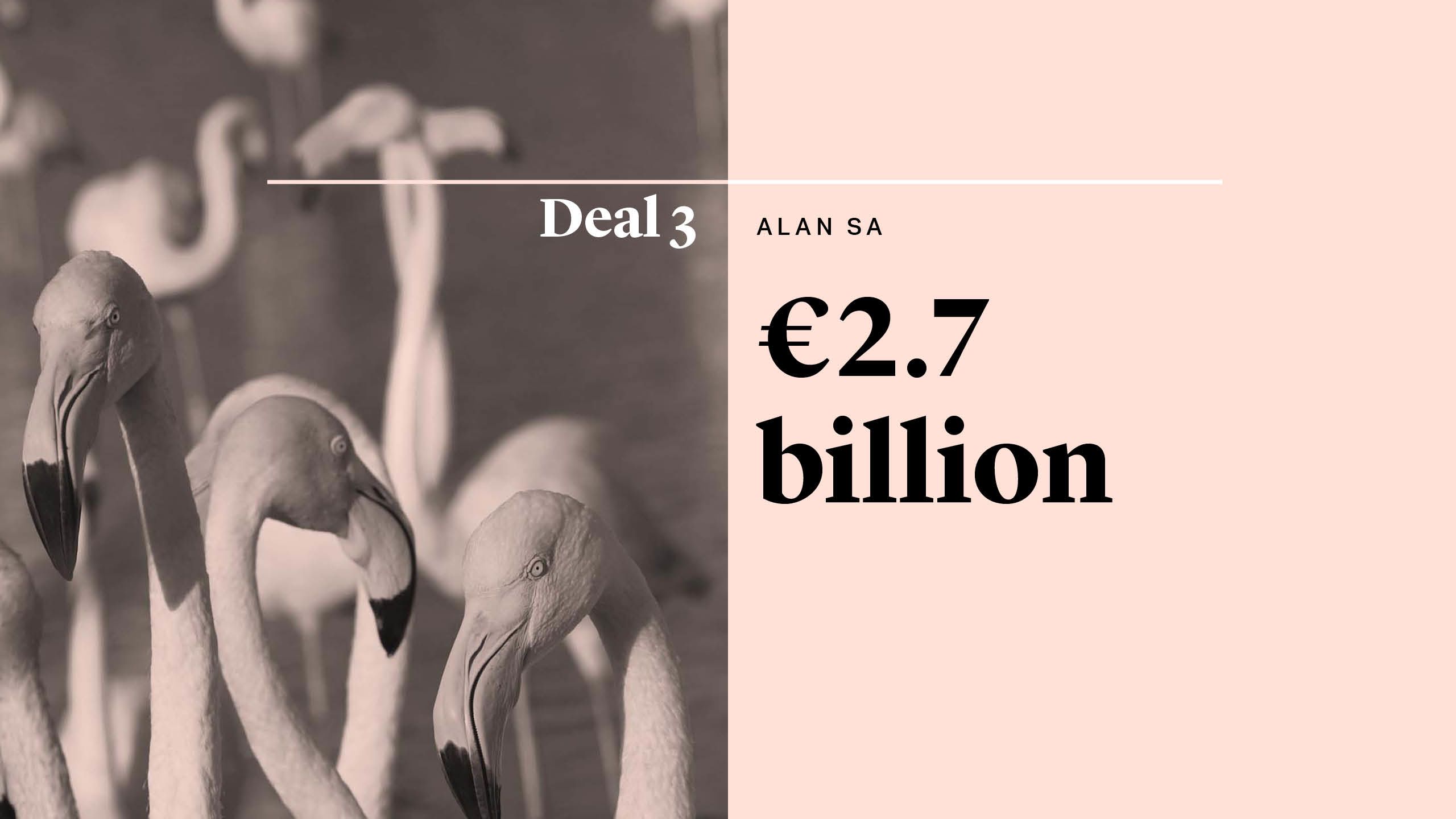
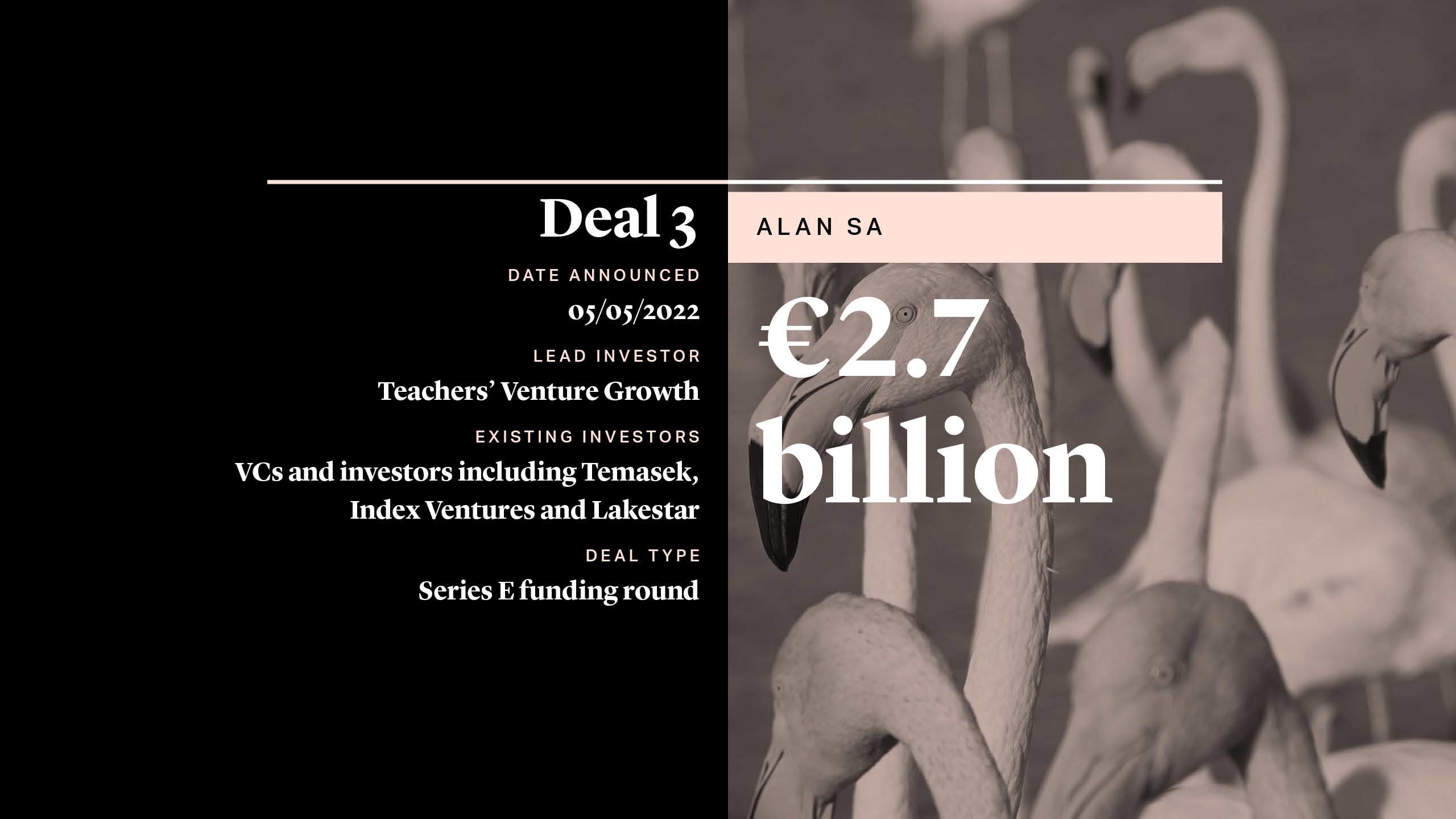
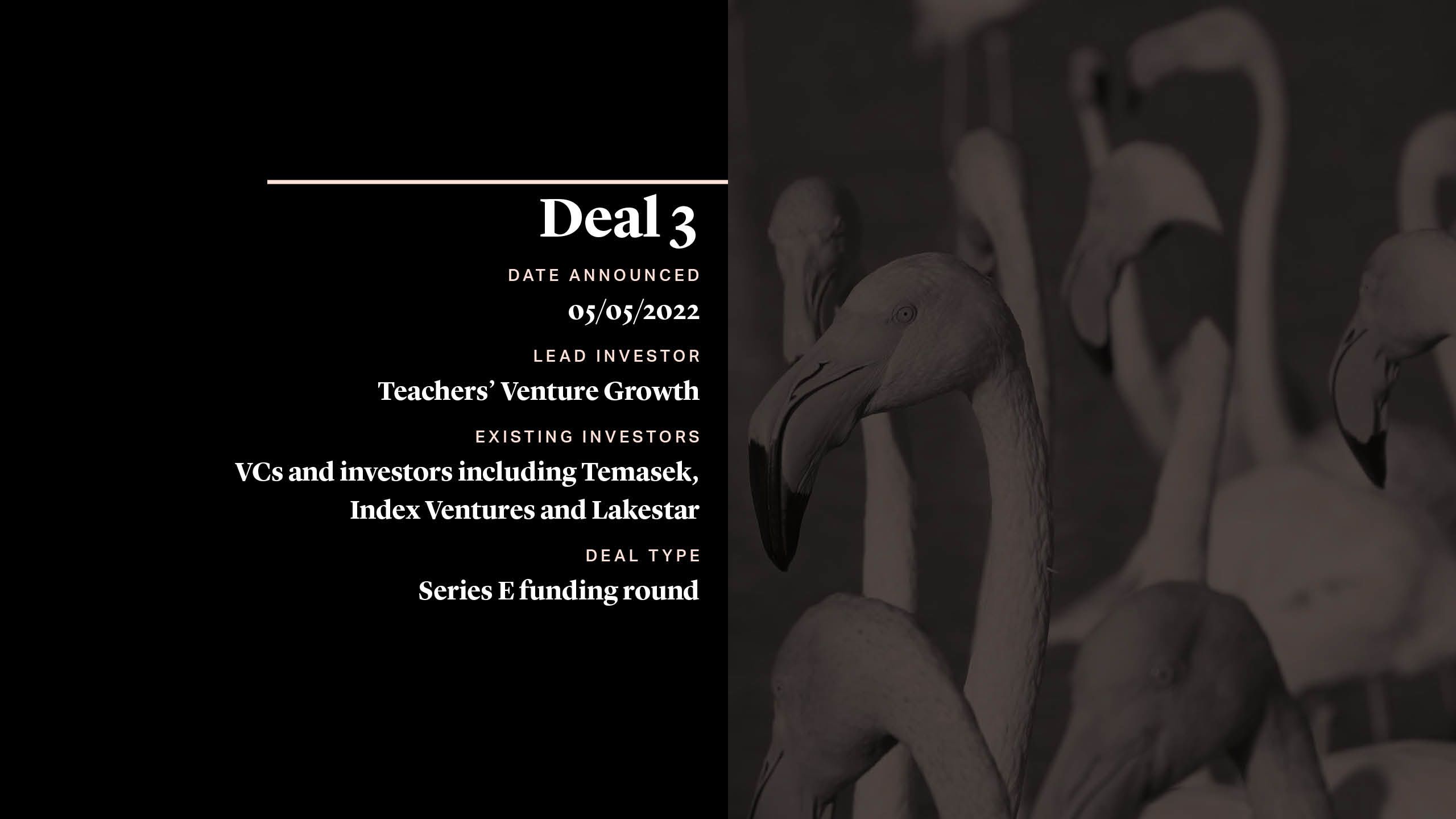
French health insurance start-up Alan raised €183mn in a series E round, tapping into appetite for the best-performing start-ups before concerns about a broader contraction in VC funding take stronger hold. The group offers a one-stop-shop for insurance and mental wellbeing for clients, with 300,000 members across France, Spain and Belgium, bringing in annual revenues of almost €200mn. The latest funding round provides Alan with the reserves needed to continue its growth towards profitability and was achieved at a level that is nearly double its valuation in early 20216.
Football Draws Private Equity Crowds
One particular bright spot for private equity investment in Europe is football. The sale of London-based Football team Chelsea, brought about by sanctions on Russian owner Roman Abramovich, resulted in a competitive process that attracted high-profile billionaire investors and private equity. The winning bid from Todd Boehly and Clearlake Capital, valued at some £4.25bn, represents the largest ever football club deal.
The sale of Chelsea follows a spate of football deals, including CVC’s €1.5bn investment in a new commercial entity for France’s Ligue de Football Professionnel in April, echoing its earlier agreement with Spain’s football league in December. Sports-focused private equity firm Redbird Capital, a part owner of English club Liverpool, is also reported to be in talks to acquire Italy’s AC Milan.
One of the drivers of private equity interest is club revenues that are seen as resilient in the face of normal economic downturns – as opposed to the hit of the pandemic. Meanwhile, commercial investments in football leagues are gathering pace as firms seek to increase income from marketing and distribution rights and create new revenue streams through partnerships and events.

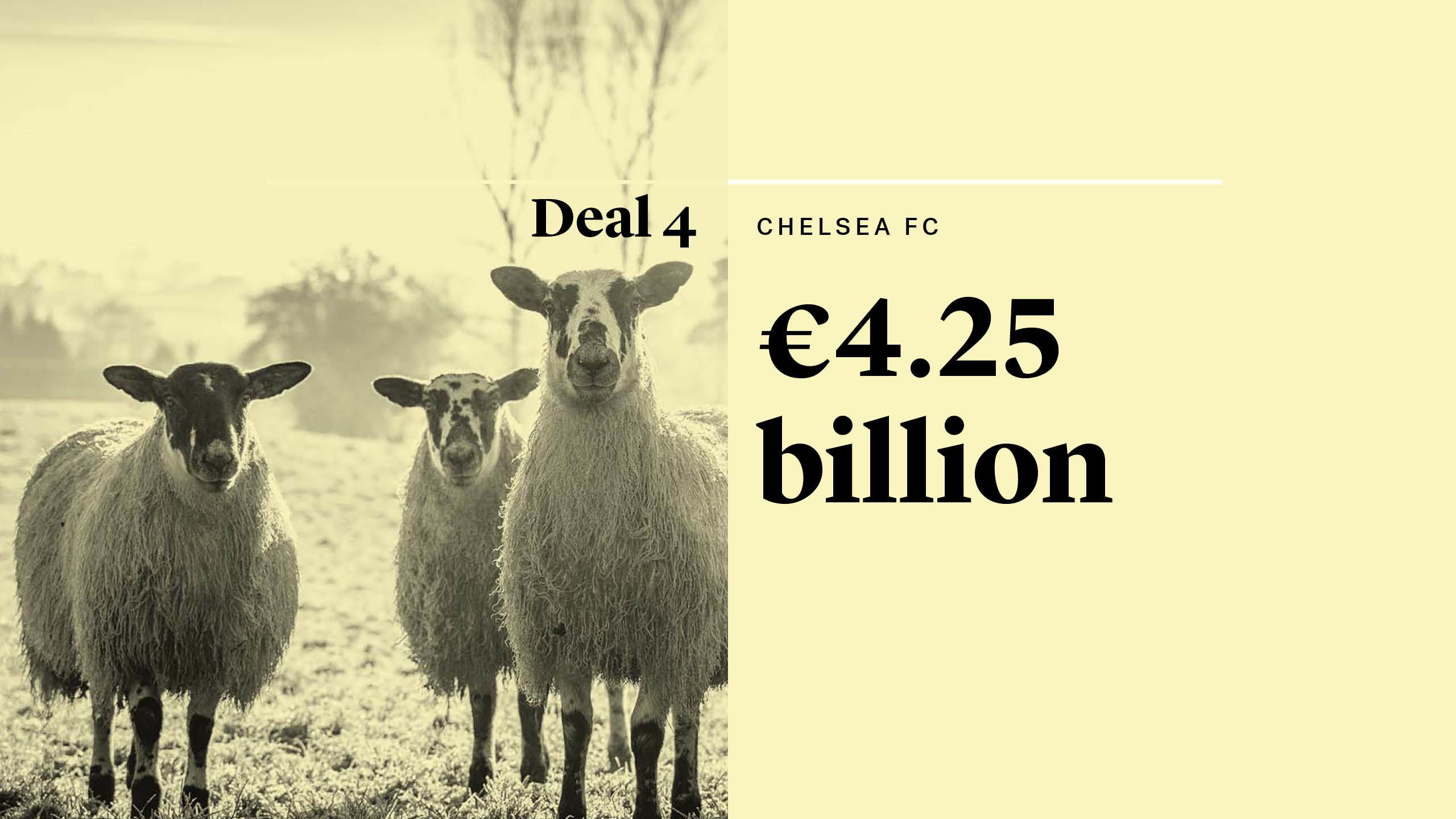
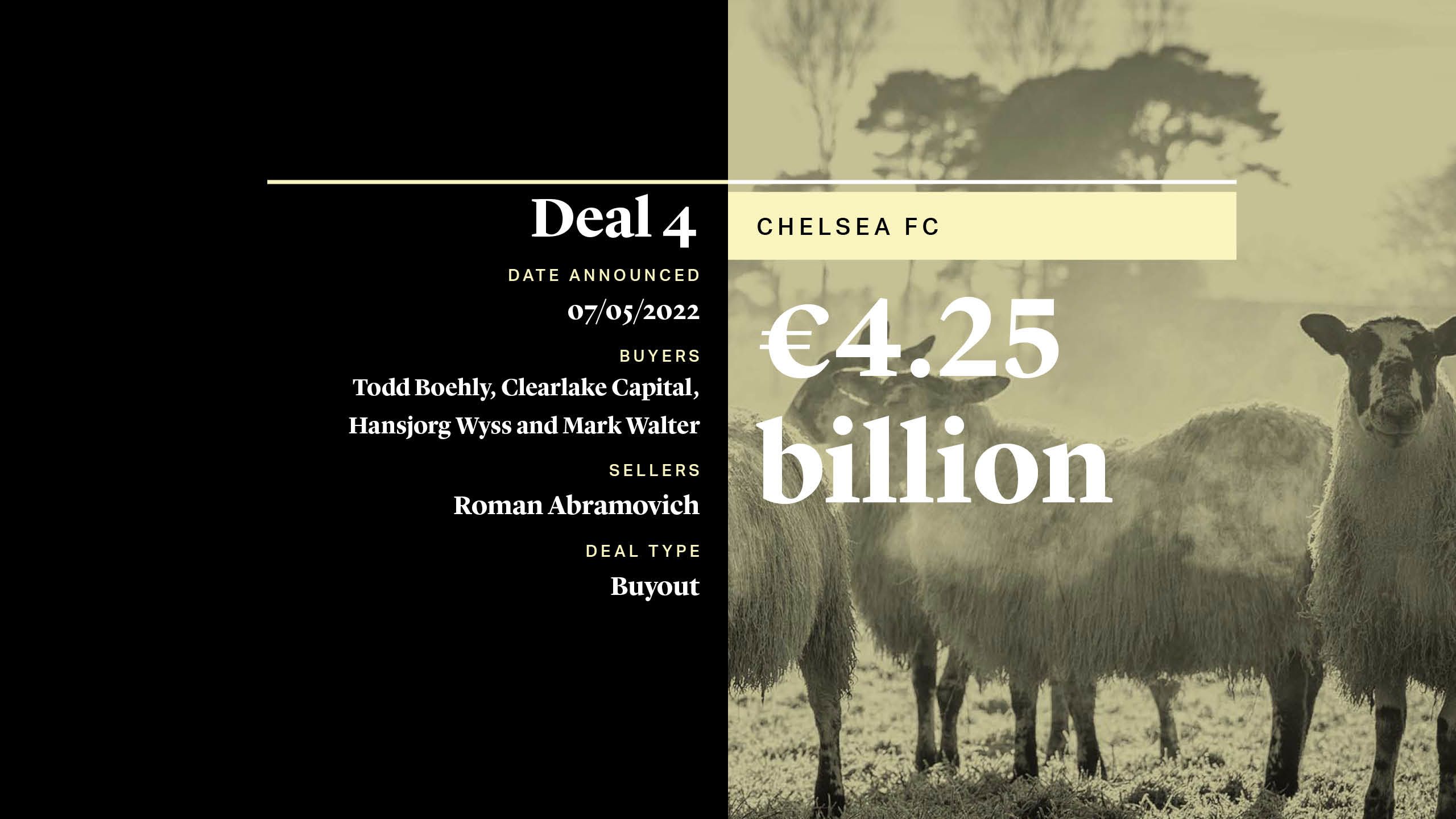
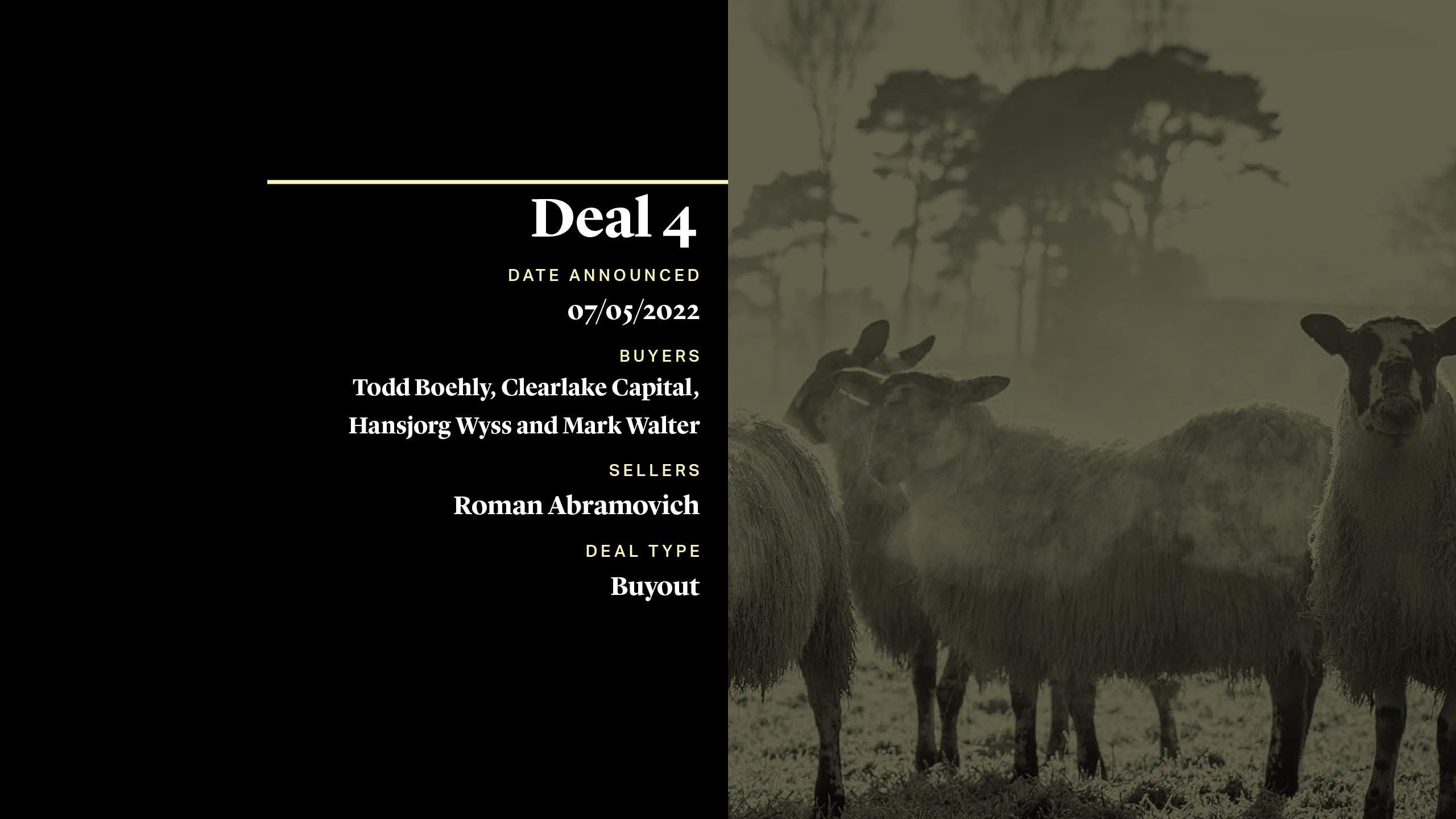
U.S. financier Todd Boehly led a group including U.S. private equity firm Clearlake Capital, Swiss billionaire Hansjorg Wyss and Guggenheim Partners chief executive Mark Walter. The consortium beat a range of bids from other high-profile investors and private equity figures. The bid includes £2.5bn to purchase club shares, which will be deposited into a frozen UK bank with the aim of being distributed to charitable causes, as previously confirmed by Russian former owner Roman Abramovich. The deal also includes £1.75bn in further investment for the club, including its women’s team, training academy and the Chelsea Foundation. The deal far outstrips the £790mn paid by the Glazer family for Manchester United in 2005 and is reported to include restrictions on management fees, dividend payments and debt to protect club finances7.
Michael J. Preston
Partner
London
T: +44 20 7614 2255
mpreston@cgsh.com
V-Card
Gabriele Antonazzo
Partner
London
T: +44 20 7614 2353
gantonazzo@cgsh.com
V-Card
Michael James
Partner
United Kingdom
UK Core PE Group:
Extended Private Equity Practice:
Italy
Italian Core PE Group:
Extended Private Equity Practice:
France
French Core PE Group:
Extended Private Equity Practice:
Belgium
Belgian Core PE Group:
Extended Private Equity Practice:
Germany
German Core PE Group:
UAE












